Upwind Moving Least Squares for Solving Convection-Dominated Partial Differential Equations with Meshfree Methods
Please login to view abstract download link
Moving Least Squares (MLS) is a well-known approximation widely used in various meshfree methods, including Element-Free Galerkin (EFG) [1], Meshless Local Petrov-Galerkin (MLPG) [2], and Discrete Least Squares Meshfree (DLSM) [3,4]. MLS-based meshfree methods have been successfully used to solve partial differential equations (PDEs) governing fluid and solid mechanics. However, when used to convection-dominated PDEs, standard MLS suffers from unphysical oscillations, compromising the solution accuracy. To address this, the Streamline Upwind/Petrov-Galerkin (SUPG) concept, which modifies the test function, has been incorporated into the MLPG method [5]. However, this approach is not directly applicable to collocated meshfree methods such as DLSM and Smoothed Particle Hydrodynamics (SPH) [6,7]. To address this limitation, this study presents an Upwind Moving Least Squares (UMLS) approximation [8], which satisfies the maximum principle by adjusting the approximation weight function and support domain to incorporate more upstream nodes than downstream ones. The weight function for the upstream nodes is increased, and the support domain is shifted upstream to prioritize the contribution of nodes from the upstream rather than the downstream. UMLS is employed within the DLSM method to solve convection-dominated PDEs. Several benchmark numerical examples are presented to compare the accuracy of standard MLS and our UMLS approximation. The results demonstrate that UMLS effectively eliminates spurious oscillations, leading to significantly improved solution accuracy. The l_2 error norm for UMLS can be reduced by up to 20 times compared to standard MLS in cases with larger Peclet numbers. This improvement becomes more pronounced as the Peclet number increases, where standard MLS struggles with unphysical oscillations, while UMLS successfully overcomes this issue.

